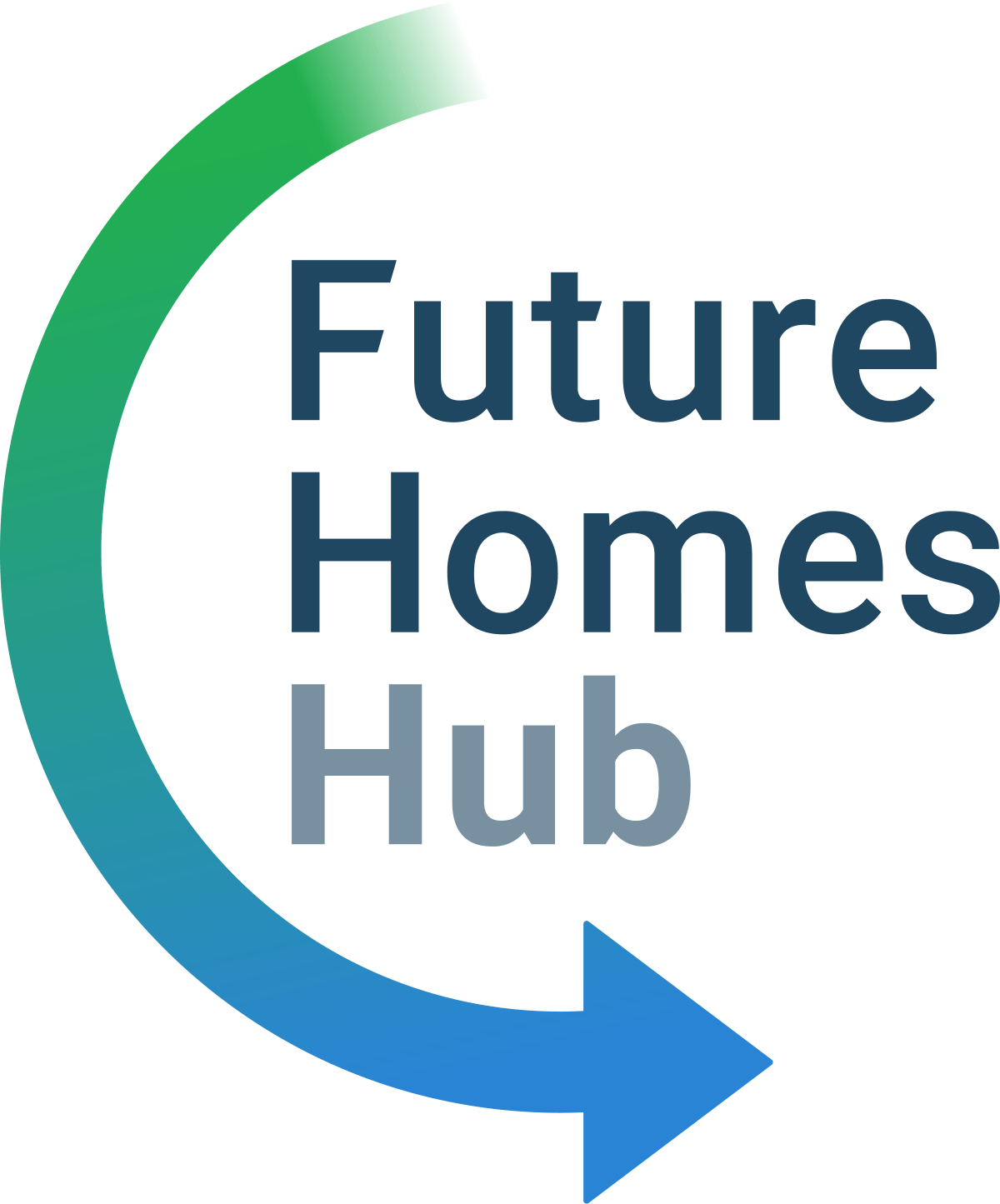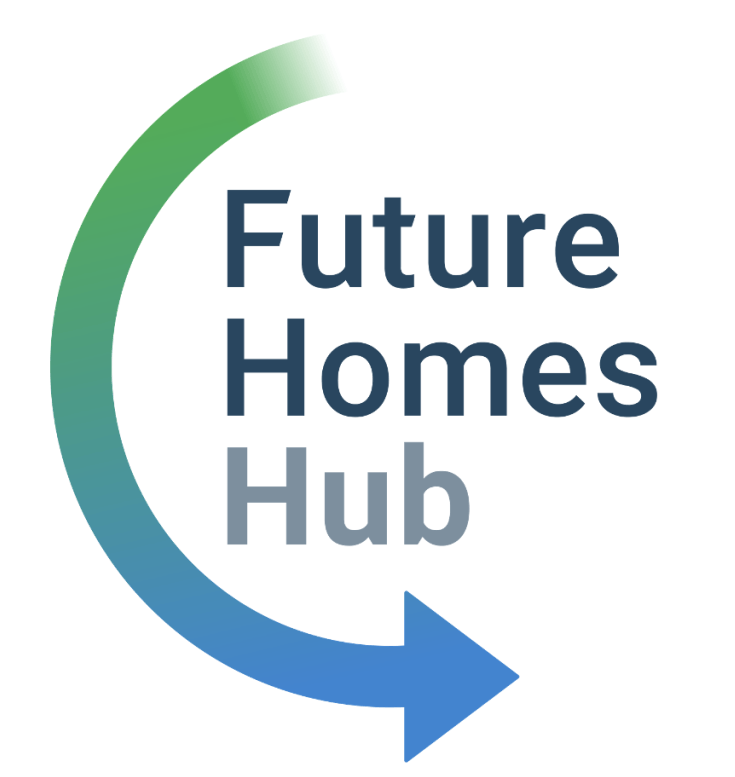Current projects
Embodied and whole-life carbon
ROADMAP GOAL
Production and construction that achieves net zero embodied carbon
Purpose
Develop an industry-led proposal for reducing embodied and whole-life carbon in new homes.
Context
Government is considering a regulated approach to embodied and whole-life carbon, and will publish a consultation in 2024. The Hub has brought together stakeholders from across the industry to determine how mainstream measurement and reduction of whole life carbon could be achieved and to propose a roadmap for its implementation.
By collaborating with developers, designers, the supply chain and policy makers, the Hub can support the uptake of whole life carbon measures and disclosure by developers, while identifying and addressing challenges on supply chain, skills, design and construction.
Phase 1 - Implementation Plan
Supported by Verco, a first phase of work took place in 2022 to agree an industry led implementation plan for embodied and whole life carbon.
This included to:
- Establish an initial baseline for whole life carbon in new homes based on existing assessments carried out
- Evaluate the potential to reduce embodied and whole life carbon based on comparative assessment of options for a typical house
- Propose the framework of measurement suitable for new build housing developments and associated site-level infrastructure
- Develop a roadmap and implementation plan to support industry-wide reduction in whole life carbon.
The implementation plan is available to read here.
Phase 2 - Planned projects and outputs
The Hub is now bringing all key partners together to help coordinate delivery of the implementation plan. The priorities are:
- Develop a simplified measurement approach and tool for new homes; and any supporting datasets that will be required.
- Encourage voluntary measurement and disclosure of upfront and whole life carbon assessments from developers – at both an individual home design level and whole development project site level.
- Share benchmarks for current practice and identify the pathway to setting industry supported targets for voluntary uptake prior to potential introduction of regulation.
- Continued research into options to reduce whole life carbon, including the operational vs. embodied carbon balance for improved fabric and services options likely to be required to meet Future Homes Standard.
- Engage with manufacturers and the supply chain to ensure that EPDs and relevant default assumptions are increasingly available to support mainstream disclosure.
Timescales
Participants
The Whole Life Carbon Steering Group, chaired by Brian Johnson of Cala Homes, meets every three months to share progress and take input.
Working groups comprised of developers, manufacturers and whole life carbon experts have been convened to identify the background data sources and tables needed to feed into the tool and method and identify the assumptions and conventions for new homes.
Thanks to all those who volunteer their time in the working groups:
Homebuilders
Barratt Developments
Bellway Homes
Berkeley Homes
C G Fry and Son
Cala Group
Churchill Retirement
Crest Nicholson
Croudace
Hayfield Homes
Keepmoat
Latimer (Clarion)
Lendlease
Miller Homes
Places for People
Redrow
Story Homes
Taylor Wimpey
Thakeham
VerdeGO
Wider industry and suppliers
AES
Arup
BLP Technical Services (UK)
BRE
Building Alliance
Cerclos
ConstructionLCA Ltd
Construction Carbon
Duchy of Cornwall
Elmhurst
FCB Studios
GCP Architects
H+H
Homes England
Ibstock
Insulation Manufacturers Association
IstructE
Jewson / STARK
Lifecycle Sustainability
Mineral Products Association
NHBC
P+HS
RICS
Ridge
Sanctuary
Solar Energy UK
Timber Development UK
Travis Perkins
UKGBC
University of Lincoln
Verco
WSP
For participants in Phase 1, please see the implementation plan from Phase 1.
How do I find out more?
Please email us if you would like to get involved.

